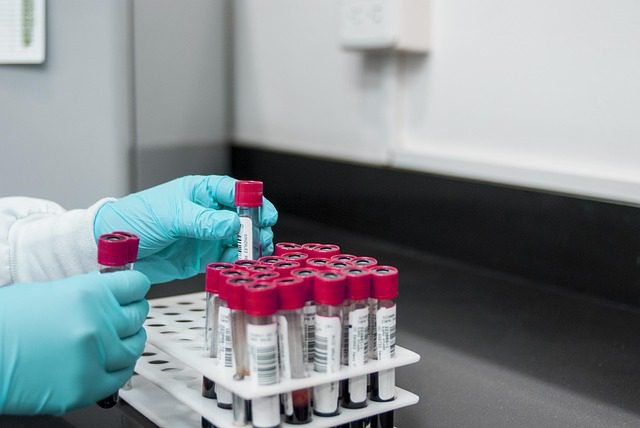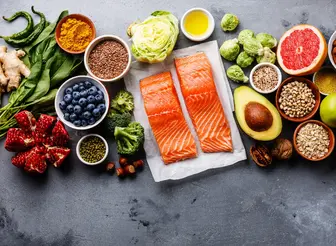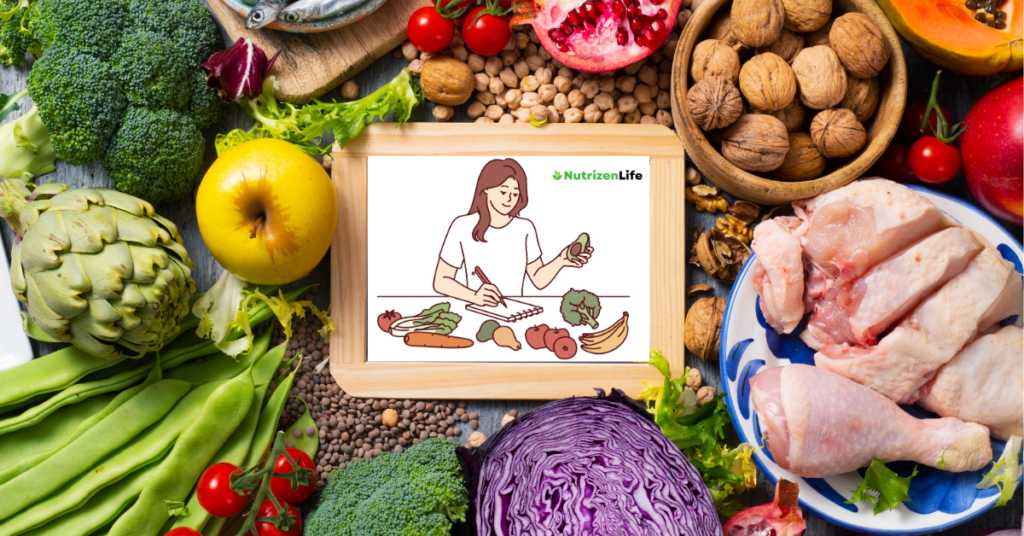Nothing can be eaten during this specific time. Because all foods contain vitamins, minerals, carbohydrates, proteins and fats. These can affect the blood level readings.
In some cases, patients have to refrain from certain drinks. They are even advised to avoid smoking, exercise and chewing gum. They are instructed to drink only water during fasting. But the main topic of today’s article is how coffee and fasting blood work works. Can you drink coffee before a blood test? Many people drink coffee many times a day to relax from work pressure and stress.
What is fasting blood work?
Fasting for a blood test is when you abstain from eating or drinking anything for a certain period of time, except for drinking water. This process is important for certain blood tests where your healthcare provider tells you to fast. You can eat or drink anything you want after your blood test.
How does coffee affect blood test?
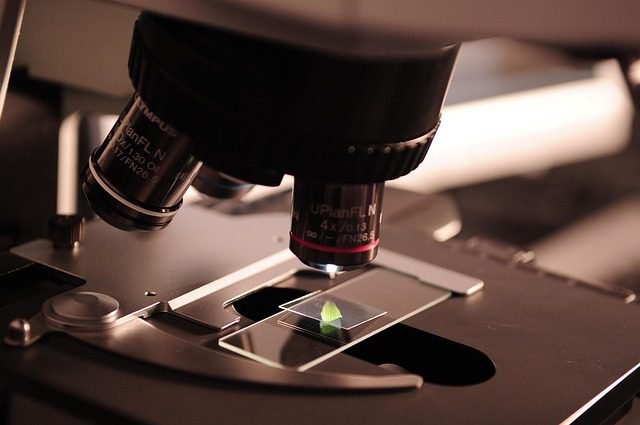
Depending on how much coffee you drink per day and your sensitivity to it, it can have different effects on your body. How coffee affects blood tests is discussed below:-
Cause Dehydration?
The caffeine in coffee is a mild diuretic that can cause fluid to be removed from the body through frequent urination. Research shows that drinking moderate amounts of coffee does not cause dehydration . Although coffee contains caffeine, it is unlikely to cause dehydration. It can also act as a hydrating beverage for habitual coffee drinkers.
May Affect Metabolism
A 2020 study found that drinking black coffee while fasting did not significantly affect glucose or glycemic responses. It also did not significantly alter triglyceride or fat tolerance test results, but a doctor should be consulted before undergoing any metabolic or fasting tests.
May Influence Blood Sugar Levels
Generally, about three to four cups of coffee a day, or up to 400 milligrams of caffeine, are safe. Coffee and fasting blood work
Coffee with sugar and cream can raise blood glucose levels more than plain black coffee.
Can Stimulate the Nervous System
Caffeine can stimulate the nervous system, which can increase blood pressure and heart rate, which can affect the results of cardiovascular-related tests.
May Alter Cholesterol and Triglyceride Levels
The natural fats and caffeine in coffee can affect the results of a lipid profile.
We have already discussed the effects of drinking coffee before a blood test. So it is safest to follow the general guidelines for proper coffee and fasting blood work before a blood test.
What happens if you fast for a non fasting blood test?
Non-fasting blood tests are tests for which blood can be given without an empty stomach. If you accidentally or intentionally get the test done on an empty stomach, it will not cause any serious problems. However, the results of certain tests may be affected. The tests that may be affected are-
Blood Glucose
When you are fasting, the body’s glucose levels are low. But in a non-fasting test, it is important to measure the glucose level after eating a meal. If you are fasting, the glucose will show up low, which is misleading, especially in diabetes tests.
Triglycerides
This fat-like component increases due to the effect of food. As a result, it will show up low in a fasting state, which will fail to fulfill the purpose of the non-fasting test.
Risk of Misinterpreted Results
If you test while fasting, the results will be the same. As a result, the doctor may make the wrong decision if he treats you according to that report. For example, he may give the wrong treatment by thinking that the lipid or fat levels in the body are low or hypoglycemia may be misdiagnosed.
Tests not Affected by Fasting
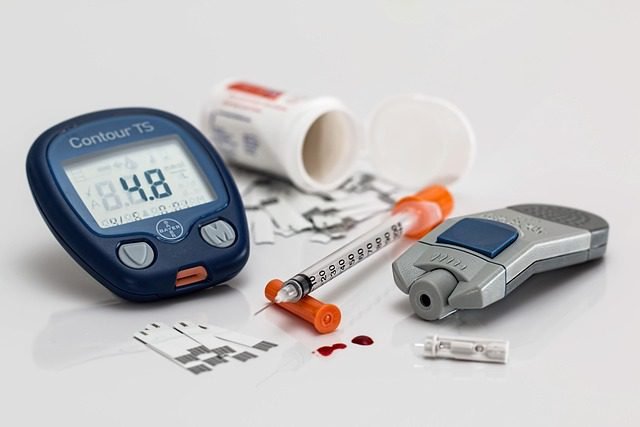
There are some tests that do not require fasting. Again, the results do not differ much even if they are given on an empty stomach. Such as CBC (Complete Blood Count), LFT (Liver Function Test), KFT (Kidney Function Test), TSH (Thyroid Stimulating Hormone.
May Influence Diet or Meditation Management
If you test on an empty stomach and the results are below normal, your doctor may change your medication or diet, which is not necessary.
If you accidentally or intentionally go on an empty stomach, inform the lab technician before the test. Also, inform the doctor even after the test is done, otherwise there may be problems in the interpretation, which may negatively affect the diagnosis and treatment.
Foods to Avoid Before a Blood Test
The foods and drinks that should be avoided before a blood test are mentioned below in a simple and beautiful way:
| Serial | Food to avoid | Drinks to avoid |
| Sugar or sweet foods: Foods like sweets, chocolate, honey, cakes, etc. can increase blood glucose levels this food also avoied in Gestational Diabetes Meals. | Tea: Tea, especially tea with sugar, can increase blood glucose levels and should be avoided. | |
| Dairy foods: Dairy foods, including milk, yogurt, and cheese, can confuse metabolic test results. | Coffee: caffeine can affect blood pressure and enzymes. | |
| Oily and fatty foods: Oily, fatty fried foods such as fast food, burgers, fried foods, etc. can distort the results of lipid and cholesterol tests. | Juices or soft drinks: These contain sugar which affects insulin and glucose levels. | |
| High carbohydrate foods: High carbohydrate or grain foods like rice, potatoes, bread, etc. can increase a boy’s blood sugar levels. | Alcohol: Alcohol can affect the body’s hydration and liver function, which can lead to inaccurate results. | |
| Fruit or fruit juice: Even though fruit is natural, it contains natural sugar or fructose which can increase blood glucose levels. | Energy drinks or sports drinks: These drinks are high in sugar and caffeine, which can affect the body’s normal biomarkers. |
The above foods and drinks should be avoided for at least 8 to 12 hours before the blood test. And follow the doctor’s instructions.
How to Prepare for a Fasting Blood Test
For help you prepare further, we want to help you with some general guidelines that are important.
Water is Allowed
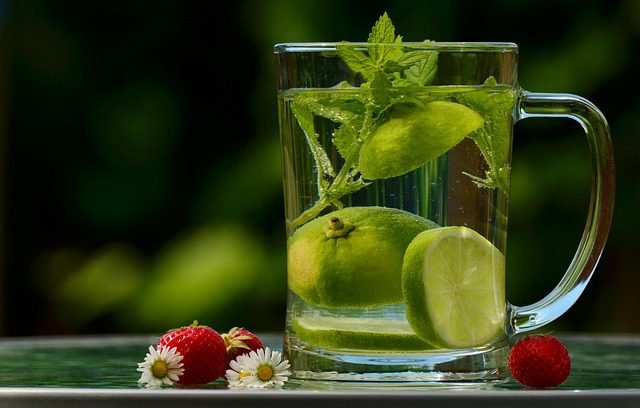
It is encouraged to drink water before the blood test. Water instead of various drinks such as juice, tea, and even coffee does not affect the results because coffee and fasting can affect blood work.
In short, it is necessary to drink water to stay hydrated and to facilitate blood circulation.,
Staying Hydrated
Even if you cannot eat anything else before a blood test, it is recommended to drink water. Studies have shown that you can drink at least 300 ml of water an hour before the test. This will not affect the results and staying hydrated makes blood work easier. Because-
- It will keep your veins thick. And will make blood flow faster and easier.
- The effect of dehydration on blood test results can be prevented.
- Headache or dizziness can be prevented during fasting.
Avoid Alcohol
Along with avoiding other drinks, alcohol should be avoided before the blood test. Although most medications are safe to take while abroad, some medications may need to be stopped temporarily to prevent blood clots.
Avoid Smoking
Smoking can affect certain blood biomarker levels. If you are asked to fast, you should abstain from smoking for the entire duration.
If you are unable to drink coffee in the morning before your blood test, drink plenty of water because coffee and fasting can affect blood work. However, if you are unsure about how much to drink, stick to your normal diet and drink plenty of water before your appointment.
Conclusion
In the course of life, we are affected by various diseases. However, there is no reason to worry about fasting. After scheduling the blood test, eat a healthy protein, fat and fiber-rich meal 12 hours before it, which will make you feel full for a long time, and drink only water during the fasting period. This process will make your test easy and beautiful.
However, be careful not to eat or drink anything that affects the test results, such as coffee and fasting blood work. Also, you should refrain from heavy exercise and follow the doctor’s advice.
FAQ
Safe drinking water before a fasting blood test?
It is completely safe to drink water before a fasting blood test. Rather, drinking water will help you stay hydrated. And blood circulation will be easier, and you will also avoid weakness or dizziness.
Can I drink coffee before fasting blood work?
Drinking coffee before a blood test can affect the levels of cholesterol, glucose and bile acid enzymes in the blood. Therefore, you should not drink coffee before a fasting blood test.
Can you drink coffee when fasting to give blood?
Drinking coffee before a blood test causes various chemical changes in the body and starts the digestive process, even if you drink coffee without sugar or milk.
Does a cup of coffee affect fasting blood sugar?
A cup of coffee can temporarily increase blood sugar levels, which can lead to inaccurate results when diagnosing diabetes or pre-diabetes, so it should be avoided.
How much coffee affects blood tests?
Even a small amount of black coffee can affect glucose, triglycerides, cholesterol, and liver function tests. It can also affect the body’s hormone release and nervous system, so it should not be consumed.
Is black coffee ok for fasting?
Many people think that drinking coffee without milk or sugar is okay, but in reality, even black coffee can alter glucose hormone and liver enzyme levels, so it should not be consumed while fasting.
Can you take medicine with water before a fasting blood test?
Not all medications should be taken while fasting because some can affect blood test results. However, most medications are safe, but should be taken as directed by a doctor.
